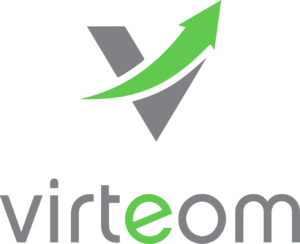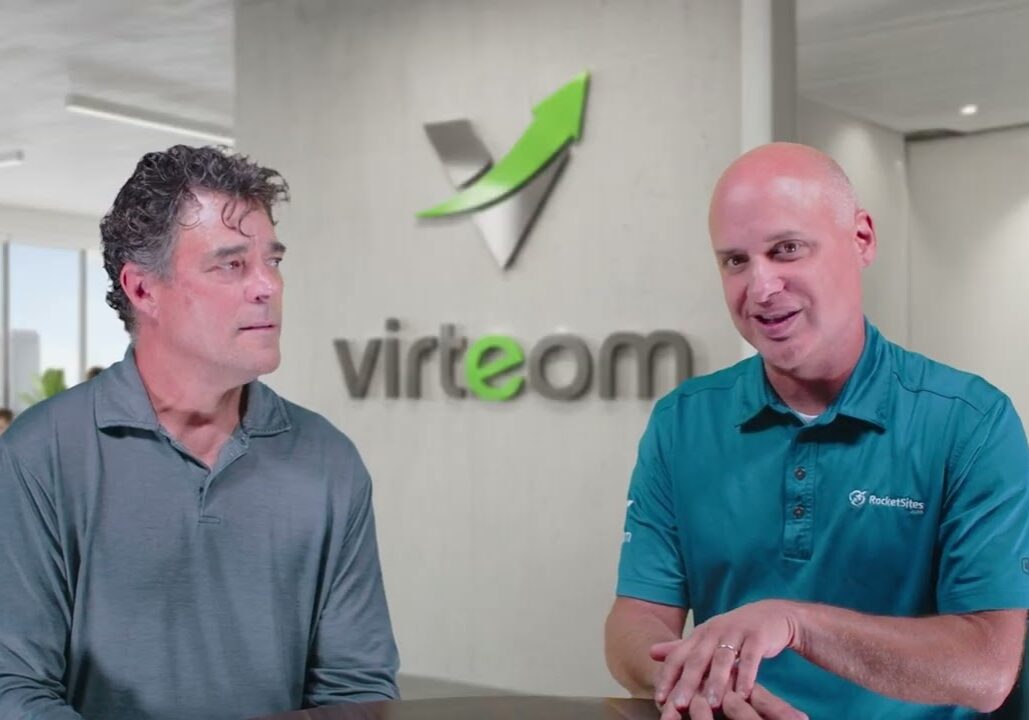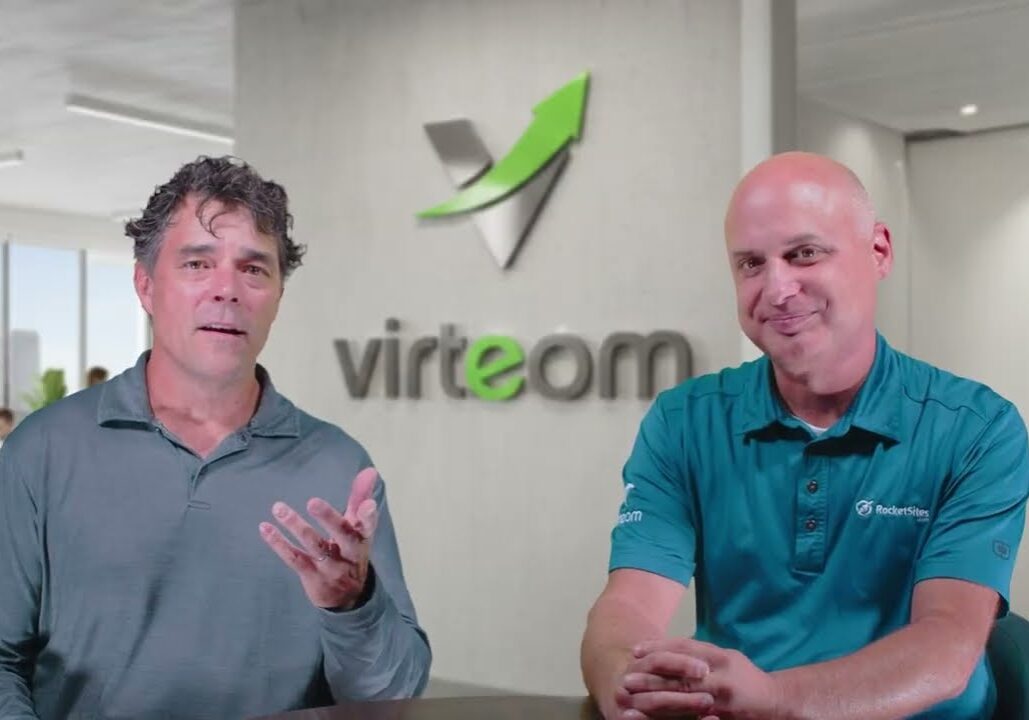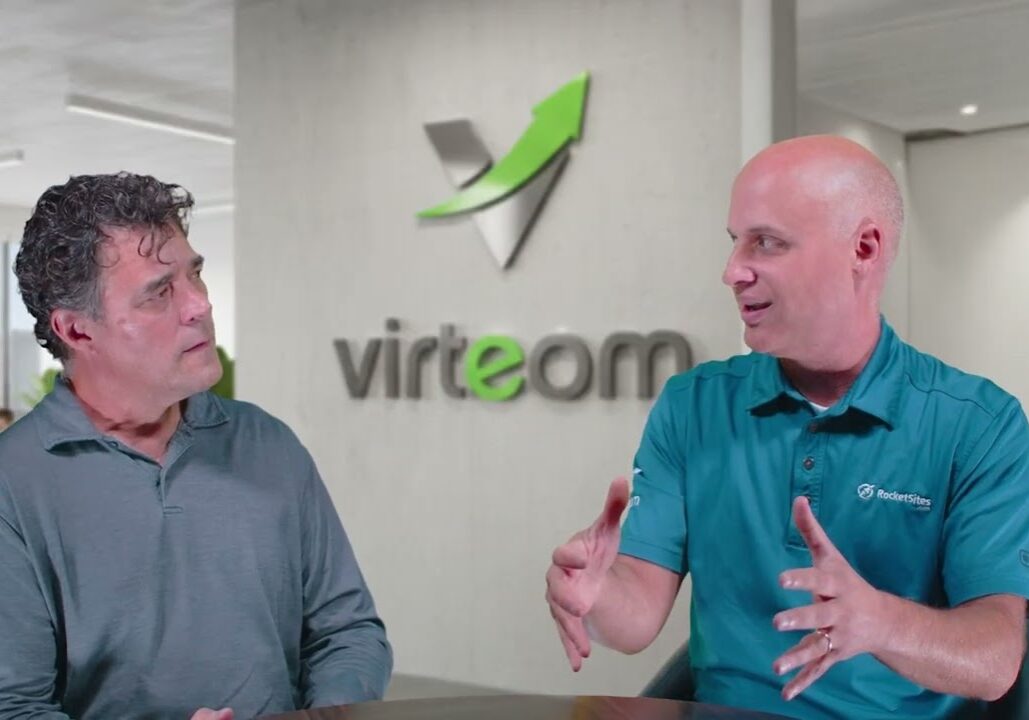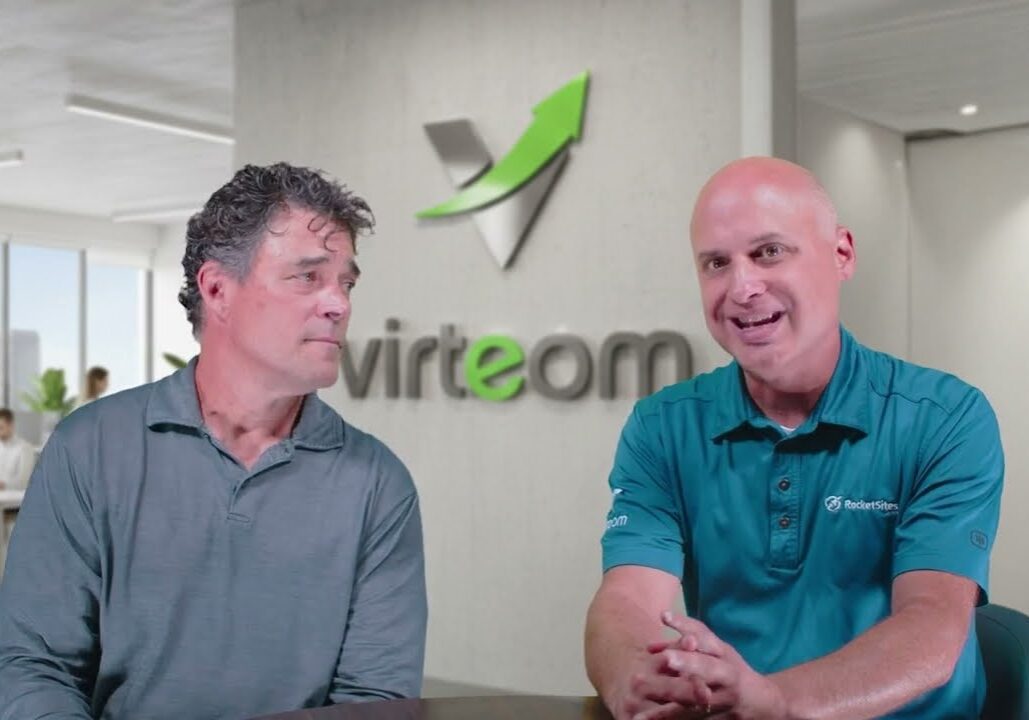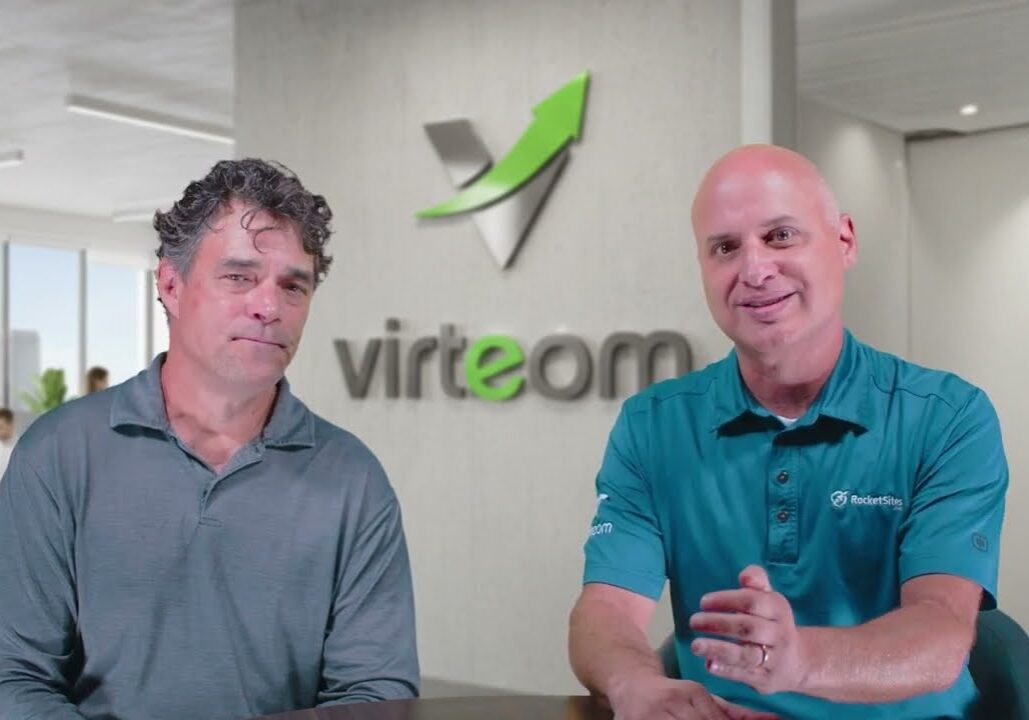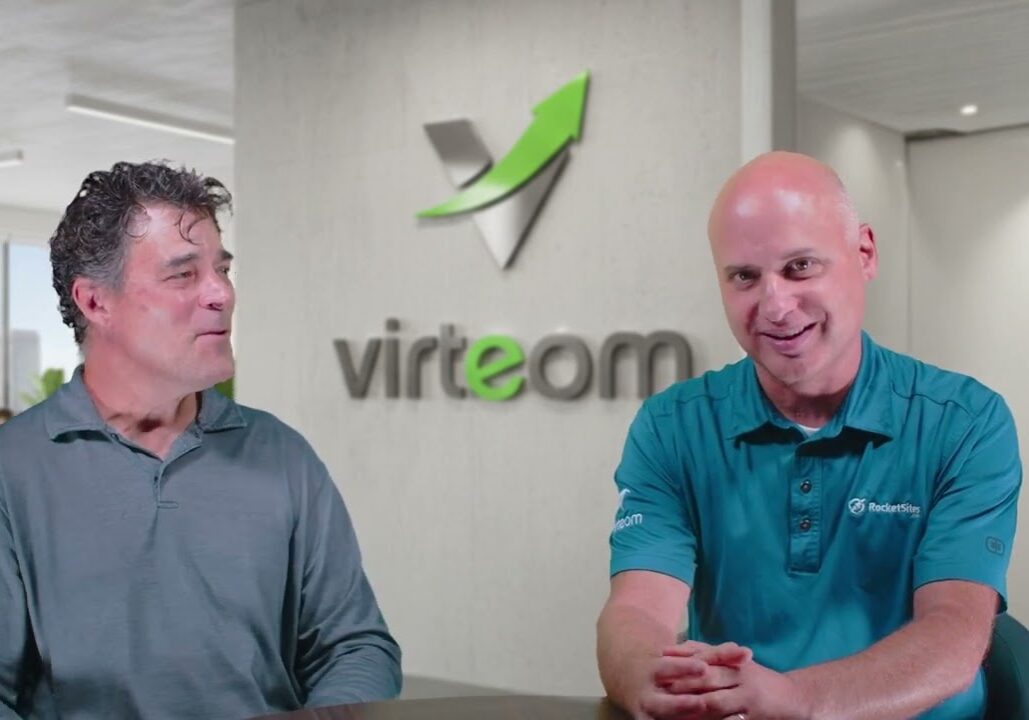
In the industry, SEO is many times seen as a very complicated task that takes years to master. Many companies go as far as hiring an online marketing expert to consult on the task. This can be very expensive and isn’t necessary to see results.
With these 12 easy techniques, you’ll be able to SEO optimize your site and your content, without spending large amount of money on an SEO expert. It’s important to remember that showing up on the first page of search engine results won’t happen overnight,but consistent application of these strategies will make a huge difference over time.
1. Blog posts need to be aimed at your customer
Writing content that speaks directly to your customer’s targets will help with your SEO. If you begin to write blogs for your audience, your posts will answer questions they’re typing into search engines – allowing them to find you. Your posts need to be about products and services that are valuable to your potential customers.
2. Create valuable content
Links to your site are a huge factor when it comes to your ranking on search engines. In order to get people to link to your content, it has to be valuable and worth it for their audiences. The more niche you can make it, and still stay marketable, the more competitive your content will be.
3. Never underestimate the power of sharing
Another way to increase links to your site is to create content that others want to share on social media. Know your audience and the market, and create content that is not only valuable, but also something that you can see a larger audience wanting to share with friends and colleagues.
4. Linking in your content
Having quality links in your content makes your website seems more legitimate to search engines. Highlighting every other work and connecting it to a wiki page isn’t going to do the trick. Link to other websites when it is valuable and link in the body of your content not the footer (links are ranked higher in SEO in the body, instead of simply being placed in footer or sidebar).
5. Dead links are an opportunity
When you’re reading other company’s websites or blogs, keep an eye out for dead links. Dead links make a website look unmaintained to readers, and having them updated to your website is a win-win, if the content is relevant. Comment on their blog post with a link to your blog suggesting to link their instead of the dead link.
6. Don’t forget about directories
There are plenty of directories out there on the web. If you can get your company listed on a few of them, it can increase the number of links to your site and the organic traffic you receive through search engines. Plus you’ll have the traffic coming from the directory itself as well. Some examples would be Google Business, Facebook, LinkedIn, Yelp or AngiesList.
7. Keywords are king
You can use free tools on Google.com to find out what keywords people are searching for in a ranked order. Find keywords and phrases that relate to your content and include them in your first and last paragraph of content. Identify secondary keywords and phrases and put them in the middle paragraphs of your content. This can make a huge difference when search engine results are ranking your content for SEO.
8. Alt tags are a must
On your website, whether it is editing HTML or building pages through a content management system (CMS), you’ll need to make sure that each image has alt tags filled in with a relevant description.
If you’re using Virteom CMS, we make it really simple to edit your Image Alt Tags – find out how here: /adding-an-image-to-a-web-page-in-virteom.
9. URL structure matters
Make sure that your URLs are not just a long string of odd characters. Most CMSs like WordPress will allow you to change your URL structure to actual words. If you’re using Virteom’s CMS – you’re able to change the page URL easily when you create the page. Click here to learn more: /add-and-delete-pages. Keep the structure short, yet descriptive.
10. Unique domain names will separate you from the pack
Having a domain name that doesn’t sound like another large company will help to ensure people searching for your company will find you. This is true in general marketing strategy, but when it comes to SEO it helps to perform an “exact match” with search engines, giving the customer results that will lead back to you.
It also helps if your domain name is specific to what you’re doing. If you’re a landscaping company in Cleveland and your website is www.clevelandlandscaping.com you’ll likely rank higher than someone who doesn’t have the geographical location in their domain name.
11. XML Sitemaps are an ally
It might sound complicated, but creating an XML sitemap from your HTML sitemap is easy with tools like XML Sitemap Creator. Take a few minutes to go over this process on their site, and then submit your XML sitemap to Google Webmaster Central once you are finished.’
If you’re a Virteom Maintenance customer, we can ensure your sitemap is submitted to webmaster tools.
12. Use Heading tags
In most website editors, you’ll see options for different headers (H1, H2, H3). The higher the number, the more specific your content will be. For example H1 could be for the United States, H2 for a particular state, and H3 for a specific city; use this concept with your content headers in the same fashion when writing posts and updating pages.
Following these simple steps when adding pages, creating content and blog posts will go a long way with your SEO ranking. Again, it won’t happen overnight, but it will make a big difference over time. The key is consistency.
Do you have any other tips for SEO that you can handle by yourself? Let us know in the comments below!
